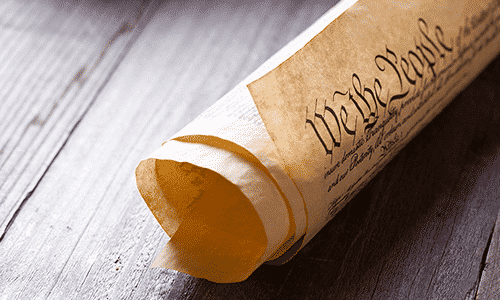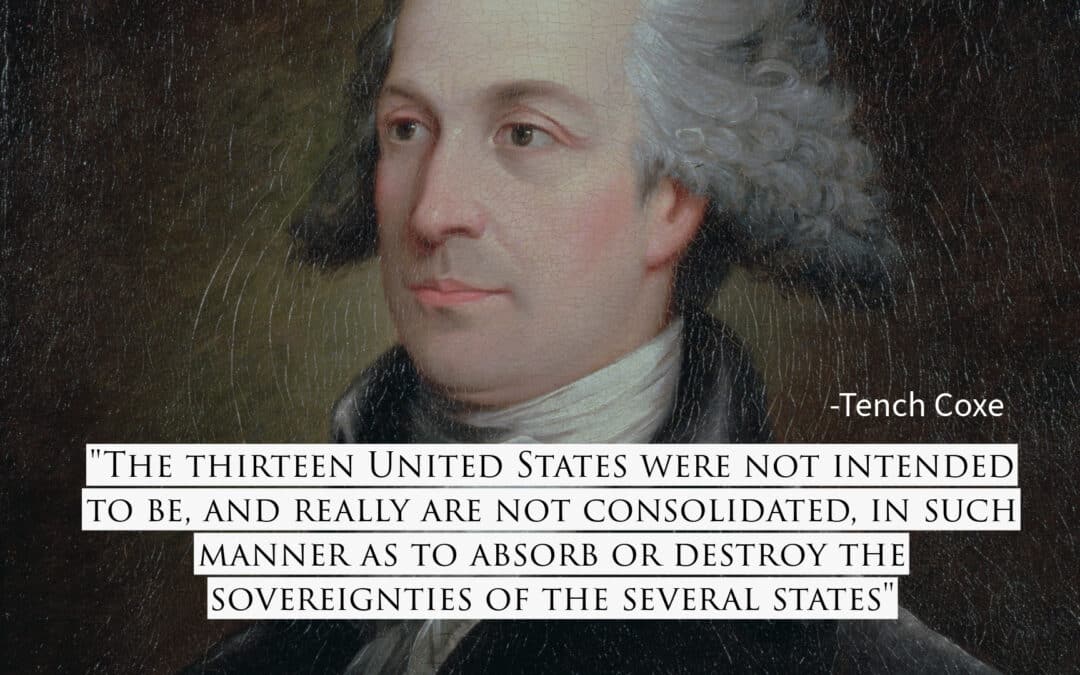

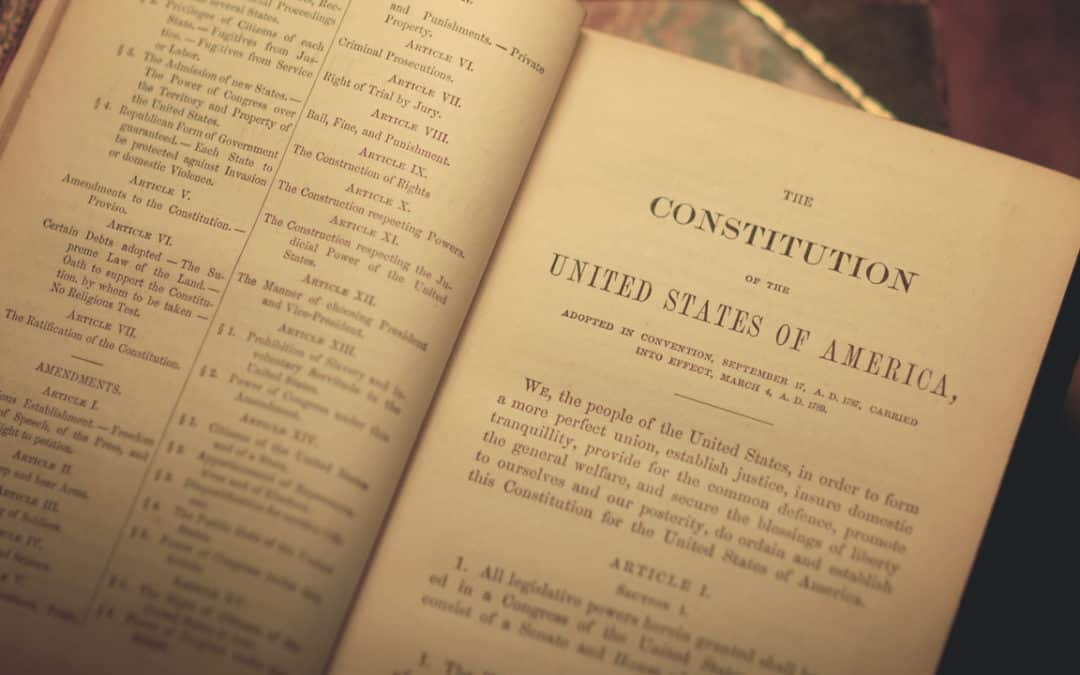
The Division of Federal and State Powers
How much power would the federal government have? And what powers would the states retain? This was a hotly debated question as the states considered ratifying a new constitution. For the average person, the Federalist Papers are the go-to source for understanding the...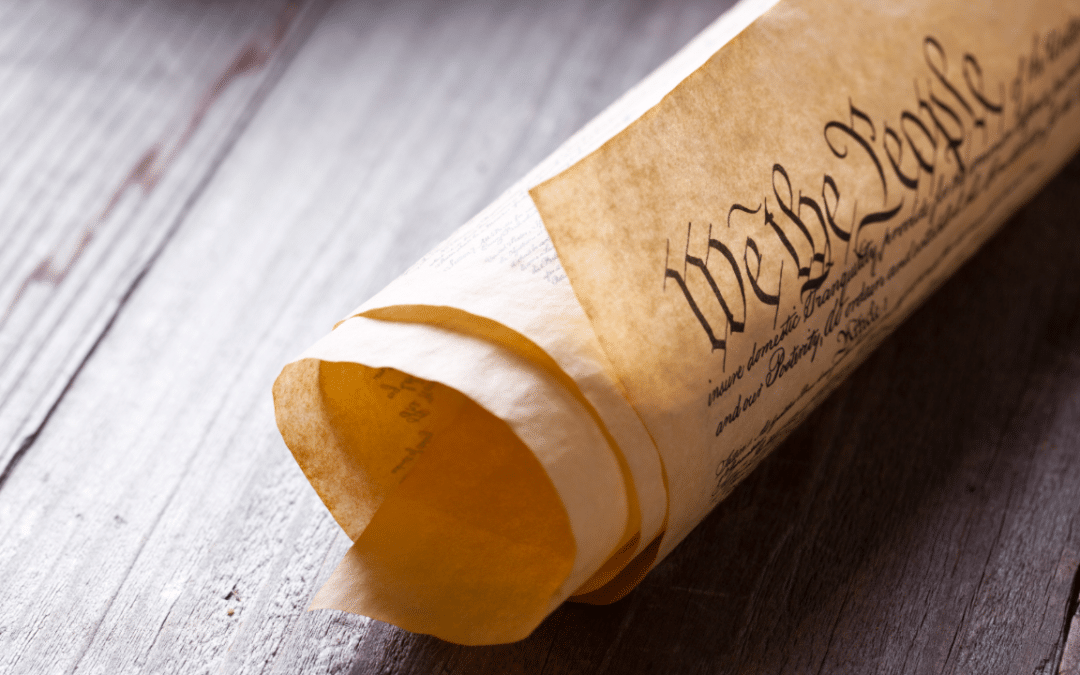
How our Constitution was supposed to work: new evidence comes to light
Judging by the promises of presidential candidates, you might think the federal government is designed to fix whatever ails us: health care, education, crime, infrastructure, the common cold. But the Constitution doesn’t grant the federal government such unlimited...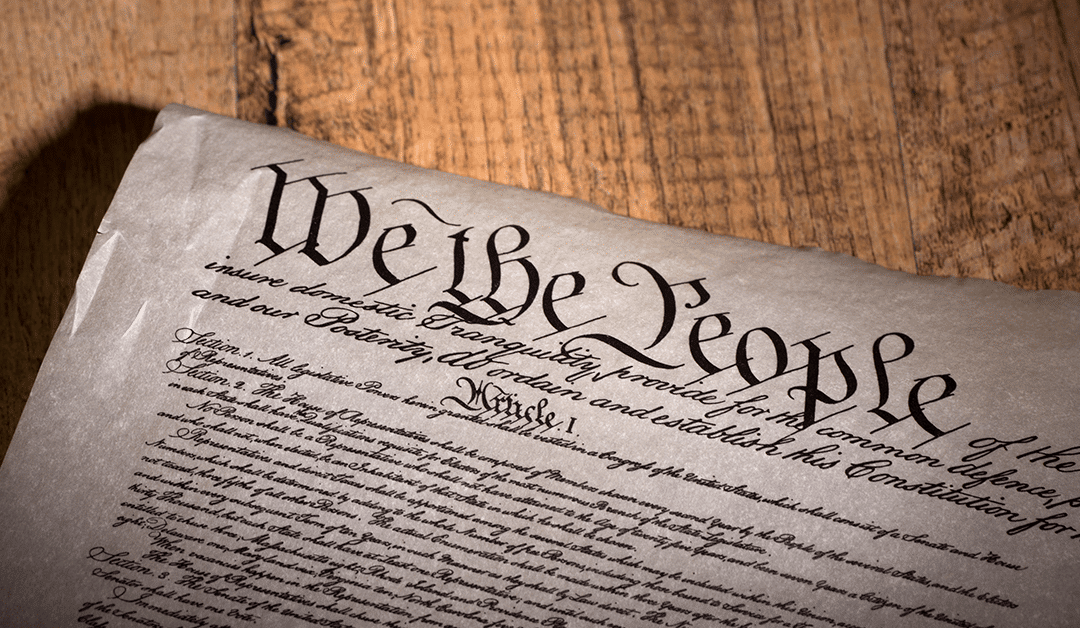
How the Founders told us the Constitution would restrict federal power
Everyone who studies the Constitution knows it grants to agencies of the federal government and a few other entities only enumerated (listed) powers. Sometimes, though, it is not obvious whether a particular function is included in an enumerated power. For example, is...